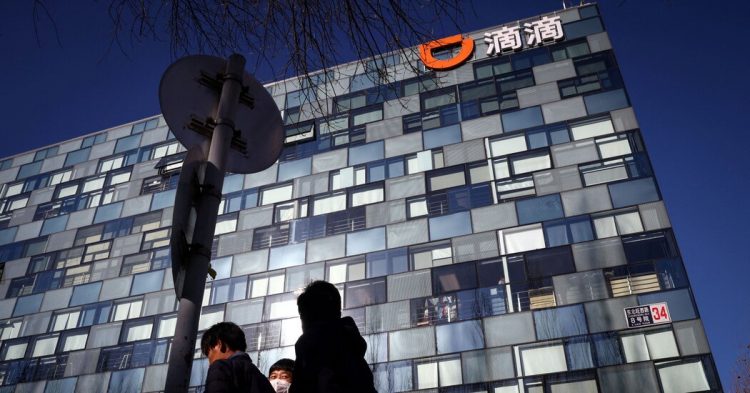For Didi, once hailed as an innovator and disrupter in China’s staid transportation sector, it has been a fast fall from grace. The company was considered the pride of China’s spunky, and valuable, start-up scene in 2016 when it beat its American rival, Uber, and bought the firm’s Chinese operations. At the time, its executives vowed that the data it collected would be used to unsnarl traffic jams and eventually help develop driverless cars.
As Beijing has asserted greater control over internet firms like Didi, it has sought to shape a private sector more in line with the Communist Party’s focus on political security and meeting its policy goals. Popular attitudes about China’s tech sector, once an emblem of future achievement, appear to have shifted, too.
After the punishment was announced, a number of professors and tech commentators took to Weibo to call for even harsher punishments.
Jin Canrong, a professor of international relations at Renmin University, called the revelations of Didi’s violations “really shocking!” Didi “disregarded national security, disregarded national laws and disregarded citizens’ privacy,” he added. Others went further, wondering whether a company that jeopardized national security should be allowed to exist at all.
In the short term, the government will probably relent on Didi, allowing it to restore its apps in stores. But the company will still have to show that it has addressed the regulator’s concerns over data security and other issues, said Linghao Bao, an analyst at Trivium China, a China-focused policy research team.
“Big tech platforms are getting a break as the economy is not doing so well. Regulators are shifting from a campaign-style crackdown toward a more rules-based governance,” he said. “But tech regulation is here to stay over the long term.”
Source by www.nytimes.com





























